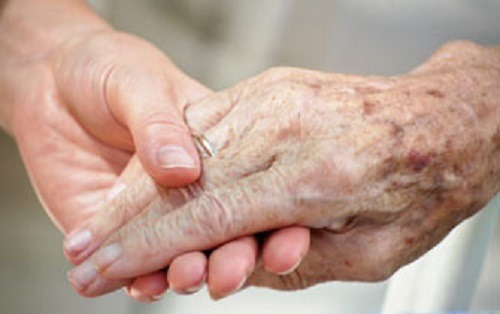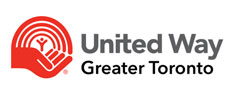Signs a Senior May Need Extra Support


I remember the moment I realized my mom was having real trouble moving around. Actually, looking back there were lots of signs. She had fallen twice–once so badly that she ended up with a swollen black eye and a rush to emergency (thankfully her best friend was with her when it happened). But it wasn’t until I went over to her house for lunch and watched as she moved around by steadying herself on the kitchen and hallway walls that I had to admit she needed help. I ended up calling her local Community Care Access Centre (we live in Ontario) and demanding a falls risk assessment. Fortunately, I knew these things existed because I work in home health care. And despite frequent visits to the doctor who knew her precarious health, he never once suggested home support, a walker or any assessments. The reality is it often takes an extreme event before care is put into place. Caring for a loved one is an interesting role: part nurse, part advocate, part psychiatrist.
I think as adult kids many of us work really hard to ignore the declining health of our parents. My mom, after all, had been the matriarch of the family. Always strong and always fiercely independent. Admitting she needed help in some ways felt like a betrayal–to her power and her self-reliant nature. But once she got the walker, it actually made a huge difference because it removed the fear of falling. My mom quickly realized that falling was a bigger threat to her independence than a walker would ever be.
Don’t ignore signs of trouble like I did. Instead, seek help from a medical professional if you notice any of the follow signs:
1. Weight loss: loss of appetite and resisting food and fluids can be signs that something is amiss. Not eating also causes frailty, muscle deterioration and weakens the immune system which can lead to infection.
2. Weakness/Unsteadiness: loss of muscle can cause weakness and unsteadiness. Some noticeable signs of weakness are difficulty getting out of a chair, holding onto walls for balance, etc.
3. Infections: as we age our immune system weakens. However, if your loved one is getting frequent infections this may be caused by an underlying issue.
4. Burned Pots/Pans: this can be a sign of Alzheimer’s disease (i.e. a loss of short-term memory). If you notice burned items, or that they are frequently asking you the same questions, forgetting to pay bills or take medications, book an appointment with a physician.
5. A Messy House or Unkempt Appearance: if you notice that your loved one isn’t showering or has poor hygiene, or if the house has become messy, it may be because they no longer have the strength/energy required to complete these tasks, or it may be a sign of depression.
6. Tripping: frequent falls often mean a loss of strength, balance and/or coordination, which can all be symptoms of an underlying issue.
7. Dizziness: if your loved one is having dizzy spells, there are many potential causes. Some of the most common include low blood pressure, inner ear degeneration, a change in vision/eye disease or an untreated viral infection.
8. Fatigue: some fatigue is inevitable as we age and our metabolism slows; however, excessive sleeping and the inability to do normal activities may be due to anemia, an infection, depression or cancer.
9. Delirium/Confusion: although your gut reaction might point to Alzheimer’s, confusion or delirium can also be caused by a simple infection.



